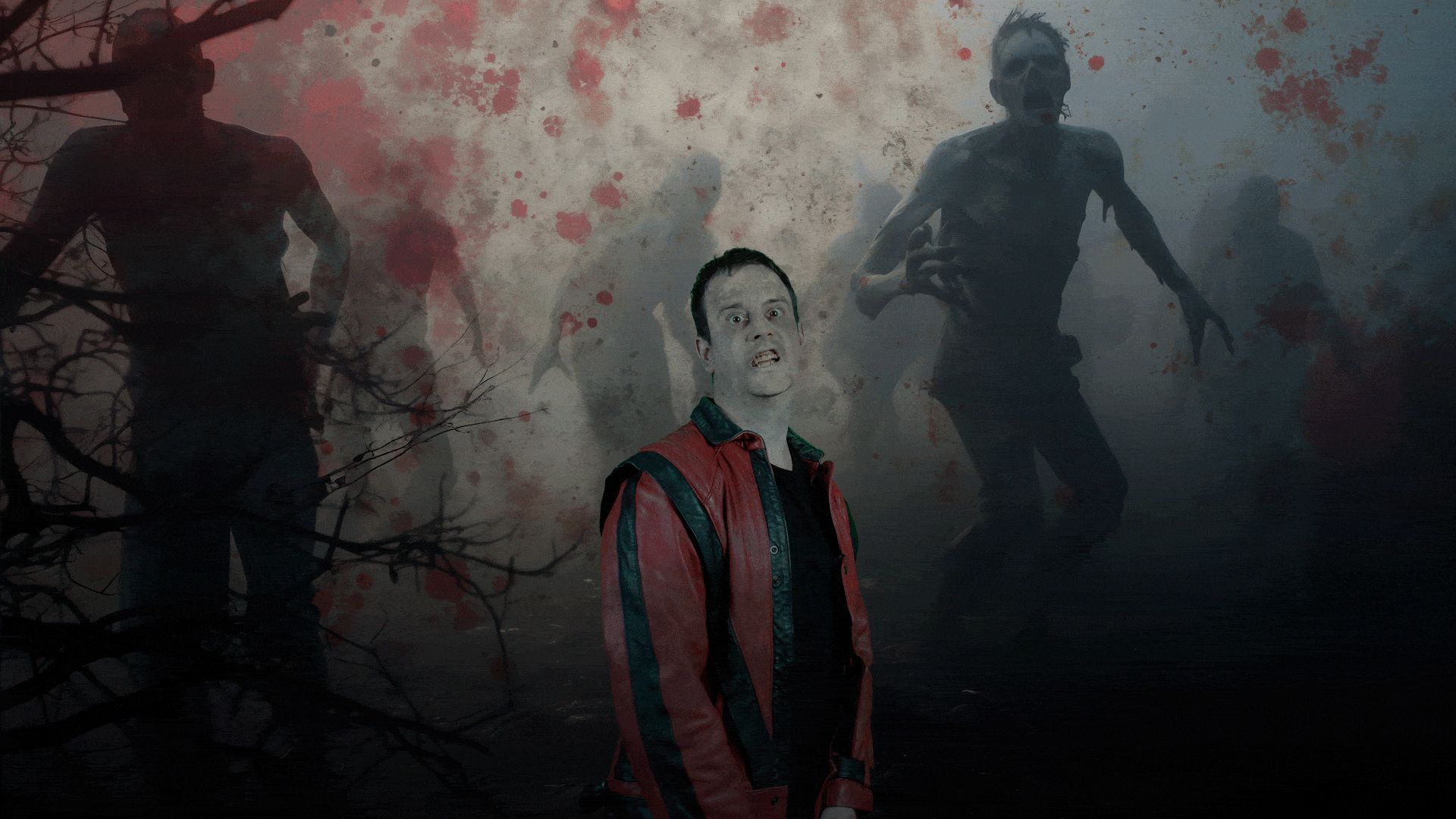Sportswear giant Adidas was left with some explaining to do last week, when social media troublemakers took advantage of a poorly thought out marketing campaign that caused offensive tweets to go out from the company’s account.
As part of the #DareToCreate campaign, Adidas allowed Twitter users to create an image of its new Arsenal FC shirt, with their handle printed above the squad number on the back. These were then tweeted at the user by the Adidas UK account, along with a link to buy the shirt.
The idea sounds innocent and fun enough, and plenty of Arsenal supporters embraced it in the way it was intended.
Happy to announce I’ve signed my first pro contract Arsenal FC can’t wait to get started👍🏽 #DareToCreate #DareToHendo https://t.co/oWz06VzrTL
— hendo (@cal_henderson) July 1, 2019
However, it wasn’t long before other users, either with a fondness for shock humour or a genuine desire to spread hateful material, started to use the tool to create much more inappropriate shirt names. These were promptly tweeted out by the Adidas UK account, which clearly did not have sufficient systems in place to detect sensitive names. A particularly offensive example can be seen here.
Speaking to HuffPost UK, Adidas said it was aware of “a small minority creating offensive versions” of the shirt and suspended the campaign. Arsenal FC also distanced itself from the behaviour, saying it had “no place in our game or society.”
We’ve been here before
Adidas is the latest in a long line of companies to have misjudged a social media campaign that allows for user creation. One of the most notable examples was in 2017 with the #WalkersWave campaign, where snack company Walkers allowed people to upload a selfie, which was then incorporated into a video. Brand ambassador Gary Lineker would hold a picture of the person’s face aloft and it was shown on a Mexican wave animation, but one or two of the uploaded faces were not quite in keeping with the intended spirit of the campaign.
Later that year, The National Lottery had to pull its #Represent campaign in conjunction with British Athletics after it was similarly targeted by pranksters. In this case, people who retweeted a National Lottery tweet were rewarded with a picture of an athlete holding a sign bearing their name, but some of the ‘names’ provided were not a good fit for the ethos of the Lottery or British Athletics.
These disasters are a reminder that although social media allows for personalised marketing campaigns, the public can be mean-spirited in how they use them. Safeguards need to be in place to ensure that offensive and unsuitable user-created images and videos are weeded out, and this perhaps means a need for human judgement, not just automation.
- How to find a circular reference on Excel - May 23, 2024
- Five life skills learned from internet marketing - January 3, 2024
- How artificial intelligence can (and can’t) help you write content - September 29, 2023




